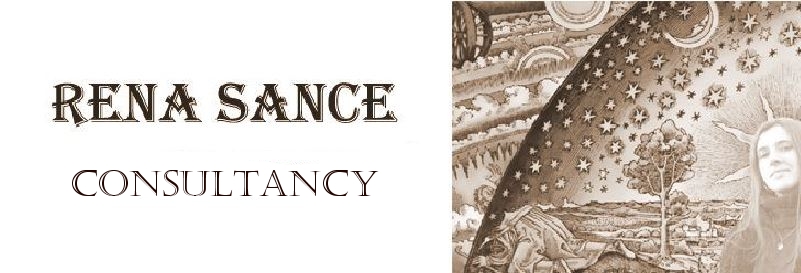We always seek what to pay attention to, we are always in the mode, even if we are trying to unwind. Sometimes we are able to be powerfully focused while doing something totally engaging our senses. But for most of us it is true that we need to train our attention as it is in disrepair and disuse.
When we start to pay attention to our attention / focus, we notice that there is an external and internal attention / focus. Primarily we need to learn to pay attention to our internal state. This is what mindfulness, meditation is all about - at first.
With attention disorders, we have difficulties in paying attention not only to what we would rather choose, but also to our internal world - our feelings and sensations. We have difficulties in putting our attention on a single object for longer because we are overwhelmed.
We may be overwhelmed externally - seeing things that we don’t like, or internally - overthinking and feeling emotions and sensations that are uncomfortable. There is simply too much staff in our attention span and it can’t handle it all at once. We become distracted, unfocused or focused on avoidance and escape - it is when depression may kick in.
And why do some of us experience such overwhelm, while others do well?
A concept of karma and genetics can help out. We can see karma and genetics that has given us an ability to focus our attention in certain ways. It is to what extent we can more or less easily focus our attention and utilise it in a positive ways. Karma and genetics is something your Soul / your genetic blueprint, wants to overcome/ erase,/ learn/ outgrow/ recapitulate - take it as one word. It shapes the circumstances of our early life. From this our self-image, self-concept grows. Our self-concept, the innermost part of ourselves, shapes the attitude we have towards life and ourselves - and to what and how we put attention to.
Unfortunately many of us have been taught to see the world as a dangerous and threatening place. Of course, sometimes it is, but not all the time (unless you live in the Game of Thrones world).
We have been taught to be on guard, vigilant, and almost constantly look out for danger to avoid it. Worrying is one of such states. It becomes instinctive and subconscious. Our attention is automatically focused on what is unpleasant and possibly threatening to our well-being. We never truly relax. This is a state that becomes a threat in itself.
Learning to relax our overloaded nervous system is of crucial importance. As with learning - it takes time. And we need to see the benefits. They become apparent in the course of time. They become a deeply rooted feeling, a visceral sensation - of inner peace, stillness and subtle joy - when we practice/re-learn/allow our nervous system to find some peaceful space.
When our mind is busy - running errands, catching on to-do lists, checking social media, and if combined with self-doubt and criticism of almost everything and everybody, we are running on a low fuel. We need to detach from it, for a while, at least, and at first. A few moments of practising stillness, every now and then, every day is a huge step (although it may not seem so at first).
***
When you are going from one task to another, during your day, pause for at least a few seconds. Notice your breathing. Notice where your feet are. Notice how your body feels, without reacting to anything, and without judging anything. Simply observing. If you can add a tint of compassion towards yourself in this moment - it will become extra valuable.
Even if there are noises around, there is always silence in between.
Even if there are thoughts in your mind, there is always a place of quiet space.
Still mind. Body not moving. Breathing in and out rhythmically.
You don’t need to change your position, be fairly comfortable.
Simply be.
Indeed, in this way we practice to activate different connections in our nervous system. Those connections allow us to unload strains that are overwhelmed. It is quite a mechanical process, but it needs a bit of time to readjust. It needs our attention.
After a while you notice that your body relaxes more naturally and quickly. You don’t need to force it. It happens by itself. You learn that by putting your attention on inner peace, it happens. You learn to use your attention consciously. This is a starting point of changing your whole life for the better.
***
In those short moments you can add a few helping things that will confirm and affirm what you are paying attention to.
Saying the words: Inner Peace (or if this is too forceful, because sometimes it may - say Inner Well-Being).
Touching gently your head, heart or belly, while saying these words helps to ground this practice even more.
Doing some quiet humming - makes you more calm.
Swinging your torso from side to side, slowly - relaxes your inner senses.
Self-soothing thoughts should come up more naturally, and you are able to notice them and rejoice in them.
Putting a slight smile on your face always helps. Smile to yourself.
All those little activities help to calm down the nervous system and engage our senses. Our nervous system gets a signal that it is safe and we - as the body - are safe. We learn to trust ourselves. We restore our sense of safety and trust.
When we practice this for some time we start noticing greater inner peace within our bodies on a regular basis. And only from this state can we learn to put our attention in a more efficient way, and create our life based on true inner peace and well being.
